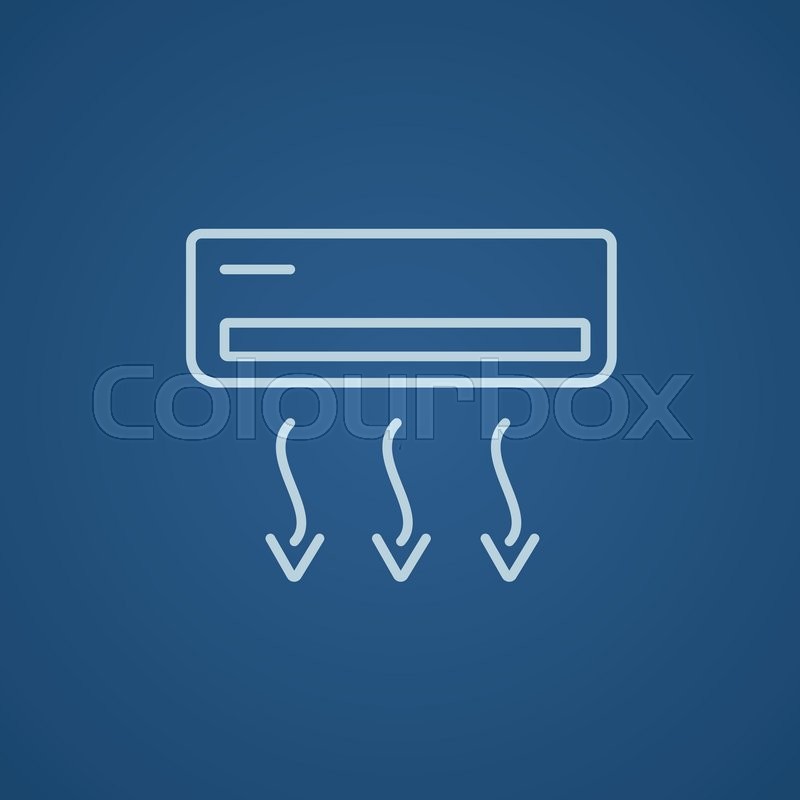Discovering The Ecological Benefits Of Warm Pumps - A Lasting Home Heating Option
Discovering The Ecological Benefits Of Warm Pumps - A Lasting Home Heating Option
Blog Article
Web Content Produce By-Long Smed
In a period where sustainability and energy efficiency are critical, many companies look for environmentally friendly home heating services. One such solution is the heat pump.
A heat pump removes the heat in its surroundings and pumps it right into your home, resulting in one of the most efficient environmentally friendly central heating unit around. This procedure additionally produces zero greenhouse gas exhausts, making it a highly lasting modern technology.
Power Efficiency
Heat pumps are really energy effective and require little upkeep. They utilize less power than various other heating systems and are by far one of the most eco-friendly. They function well with rooftop solar and can usually spend for themselves in energy financial savings alone.
They can likewise offer cooling, which is excellent for garage workshops, attic hangouts and benefit spaces, and home enhancements without expanding the existing ductwork. They can even be utilized for retrofits in existing homes with hydronic (water-based) distribution systems such as reduced temperature level radiators or radiant floorings.
Seek designs with SEER and HSPF scores that meet or exceed Canada's minimum requirements, as well as the requirements in your region. Greater rankings imply better effectiveness, which conserves you money in the long run and lowers your carbon footprint. You may also get rebates and incentives! The most effective units are those with a ground heat exchanger for included effectiveness. These systems can take in thermal energy from the ground during the winter and extract it in the summertime.
Reduced Greenhouse Gas Emissions
Heatpump run on electrical power and essentially move warm from the air, even when it's cool outside. They have the ability to remove the free heat trapped in air particles and move them indoors, reducing humidity while doing so.
Compared to gas furnaces, contemporary heat pumps use less than one kilowatt of electrical energy per kilowatt of home heating power they produce. This makes them one of the most energy effective heating alternative available with a COP (Coefficient of Efficiency) of four or more. By lowering the requirement for nonrenewable fuel sources, heat pumps help in reducing greenhouse gas discharges and cut other significant air toxins.
Structure decarbonization is a global necessary, and the HVAC market is a vital driver of that process. Whether it's real estate investors making net no commitments, policy manufacturers establishing discharges limitations, or tenants requiring greener rooms, electrical heatpump are being acknowledged as a vital option. They are an economical method to decrease carbon discharges by getting rid of the requirement for fossil fuels in structures.
Adaptability
Heat pumps can be used in several kinds of homes and structures-- with or without air ducts. They deal with hot-water radiators, air-conditioning and programmable thermostats. They can replace heaters or be installed in brand-new houses. They can work on solar panels, geothermal systems or even district heating sources like wastewater.
They're fantastic at delivering even more warm per energy device. For instance, an air-source heat pump produces up to three or even more heating systems from each electrical power system it consumes.
Getting the most from your heatpump will certainly rely on your climate zone and top quality of insulation. Seek models with ENERGY STAR scores and contrast their SEER or HSPF specifications. In warmer climates, concentrate on SEER; in colder areas, take into consideration a system with a greater HSPF score. Furthermore, invest in air securing and insulation to lower the tons on your heatpump. That will enhance power efficiency and help you reach your Web Zero goals much faster.
Biomass Boilers
Biomass boilers make use of timber pellets, chips or logs to produce warm and warm water. They are a great choice for off-grid buildings or those who wish to get off the gas grid.
As a standalone furnace, biomass can supply adequate energy to keep your home warm throughout the year without the common warmth drop off of various other eco-friendly innovations. They can likewise be used combined with photovoltaic panels to increase cost savings and benefit from RHI settlements.
heating and cooling of these systems is the upfront price and normal fuel shipments. Frequently, pellets will require to be blown right into a gas store utilizing a vacuum cleaner system or they can be by hand fed into the central heating boiler via a receptacle. Logs are normally self-sourced from nearby forest or gotten in bulk. Along with this, they require hands-on loading and may need cleansing often.